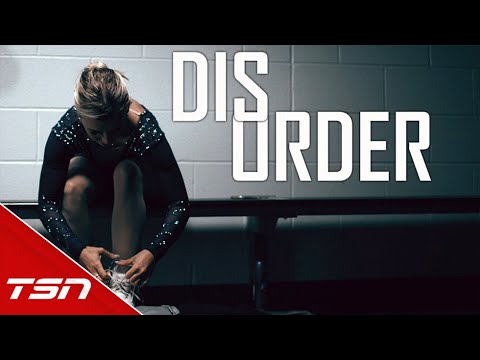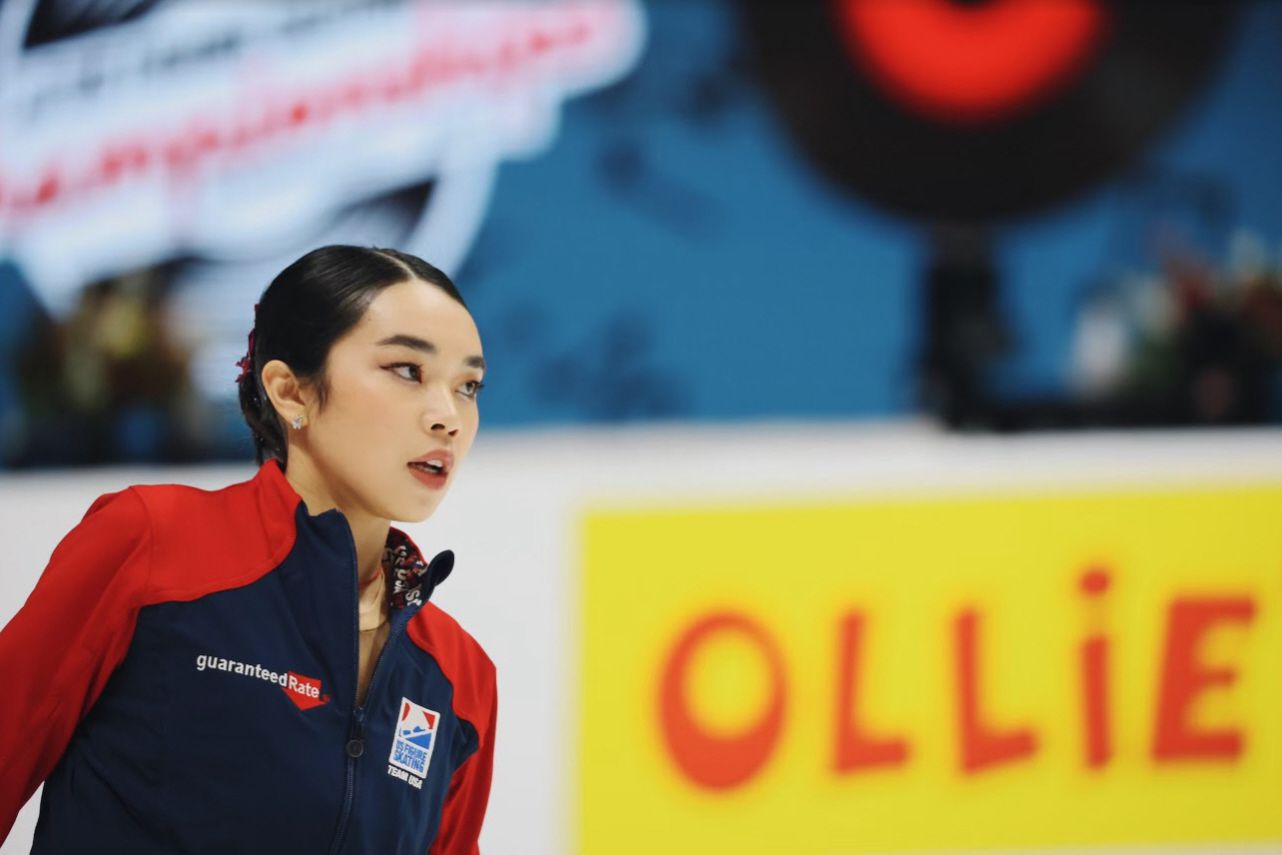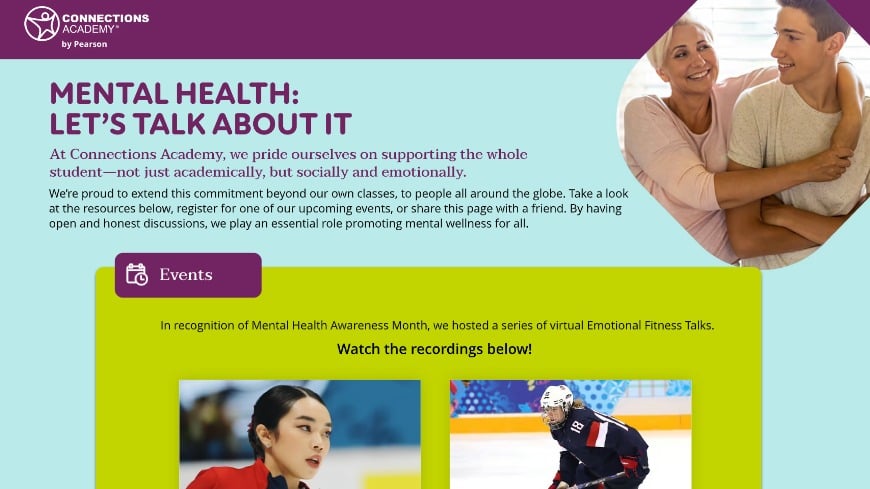overedge
Mayor of Carrot City
- Messages
- 37,821
As much as I applaud this seemingly new found openness around sensitive topics like eating disorders and sport, in particular, skating, I remain unconvinced it will make much difference, at least at the elite levels. Now, more than ever, the ideal body type for being competitive internationally for ladies is a very slim, tiny body.
Not to mention a points system that favours things that are easier (or only possible) to do with a tiny slim body.













